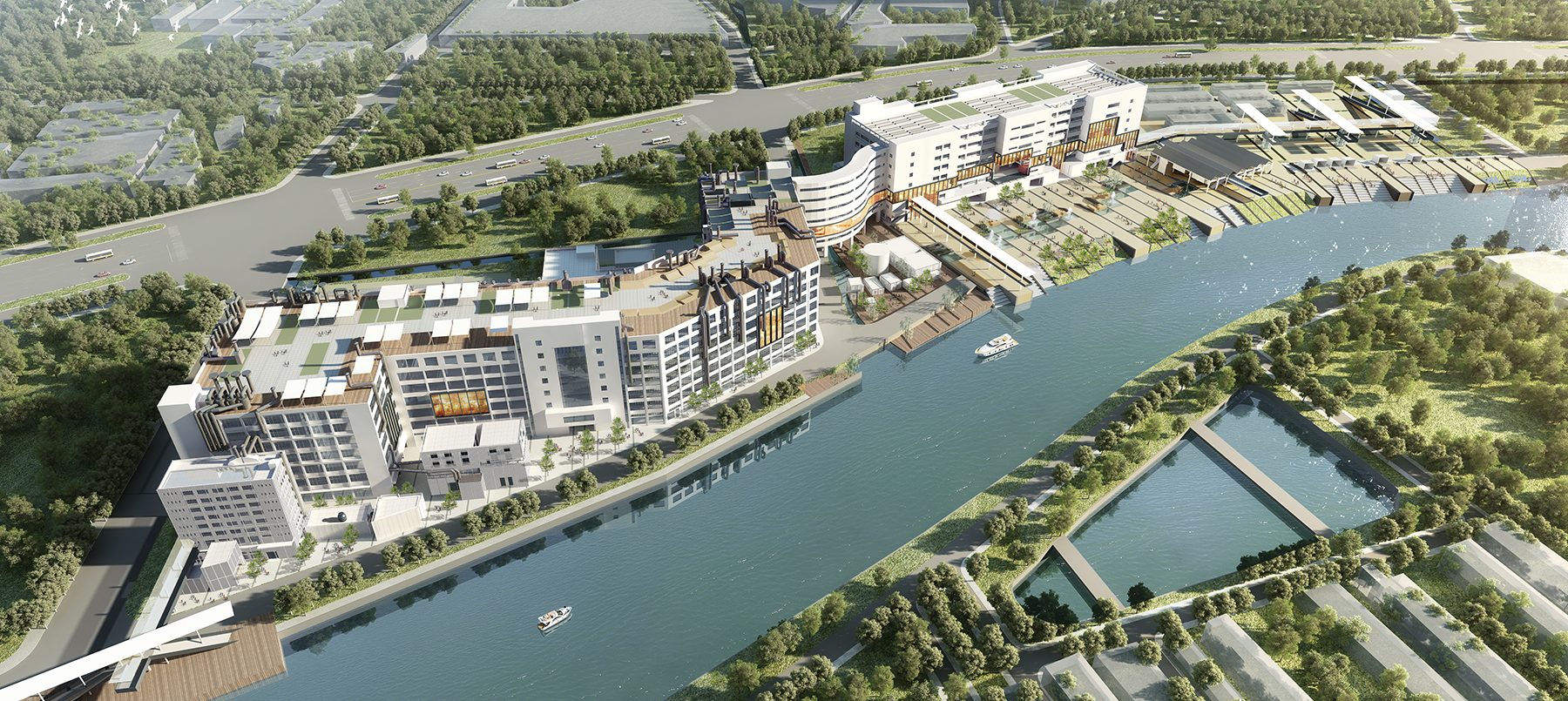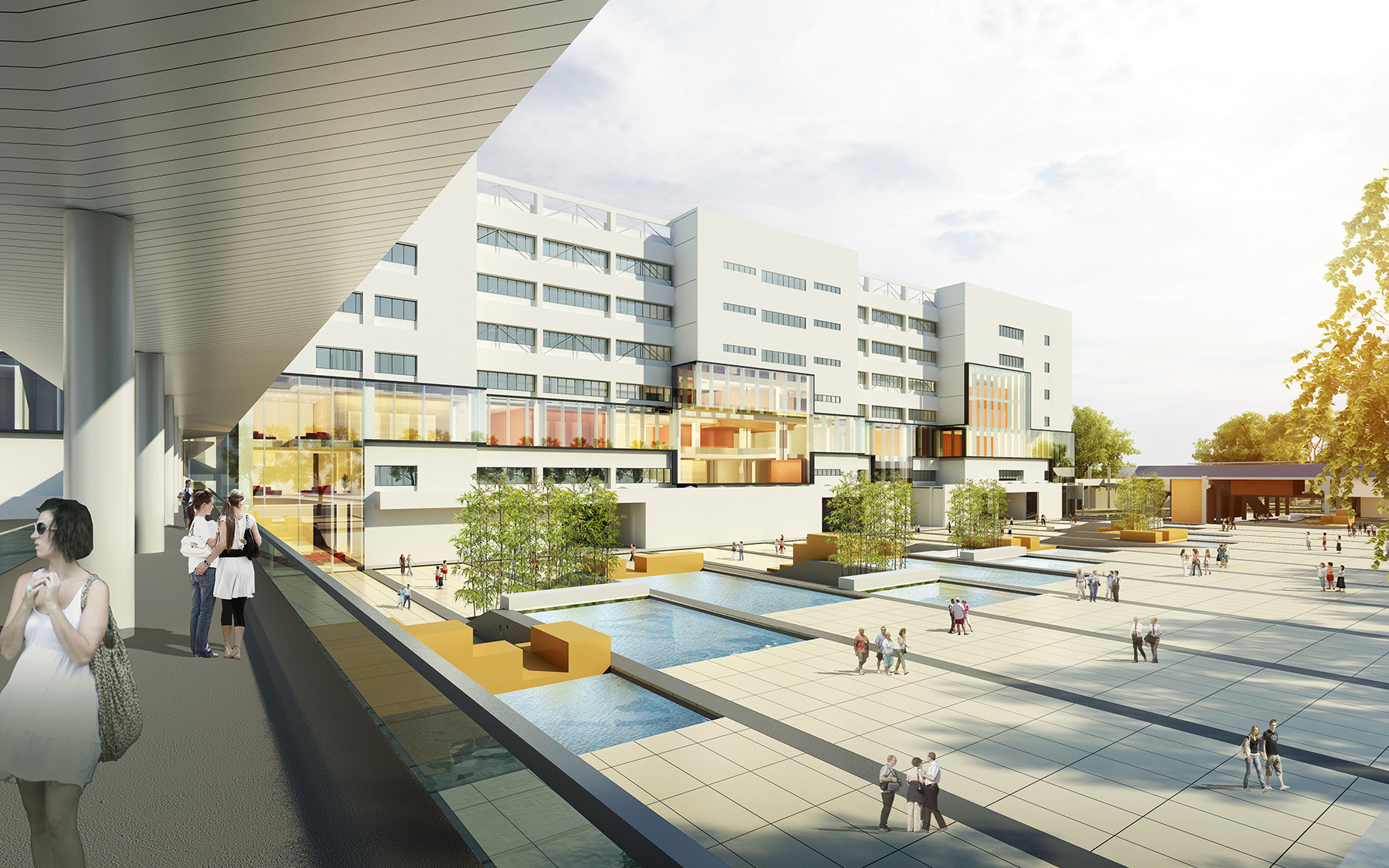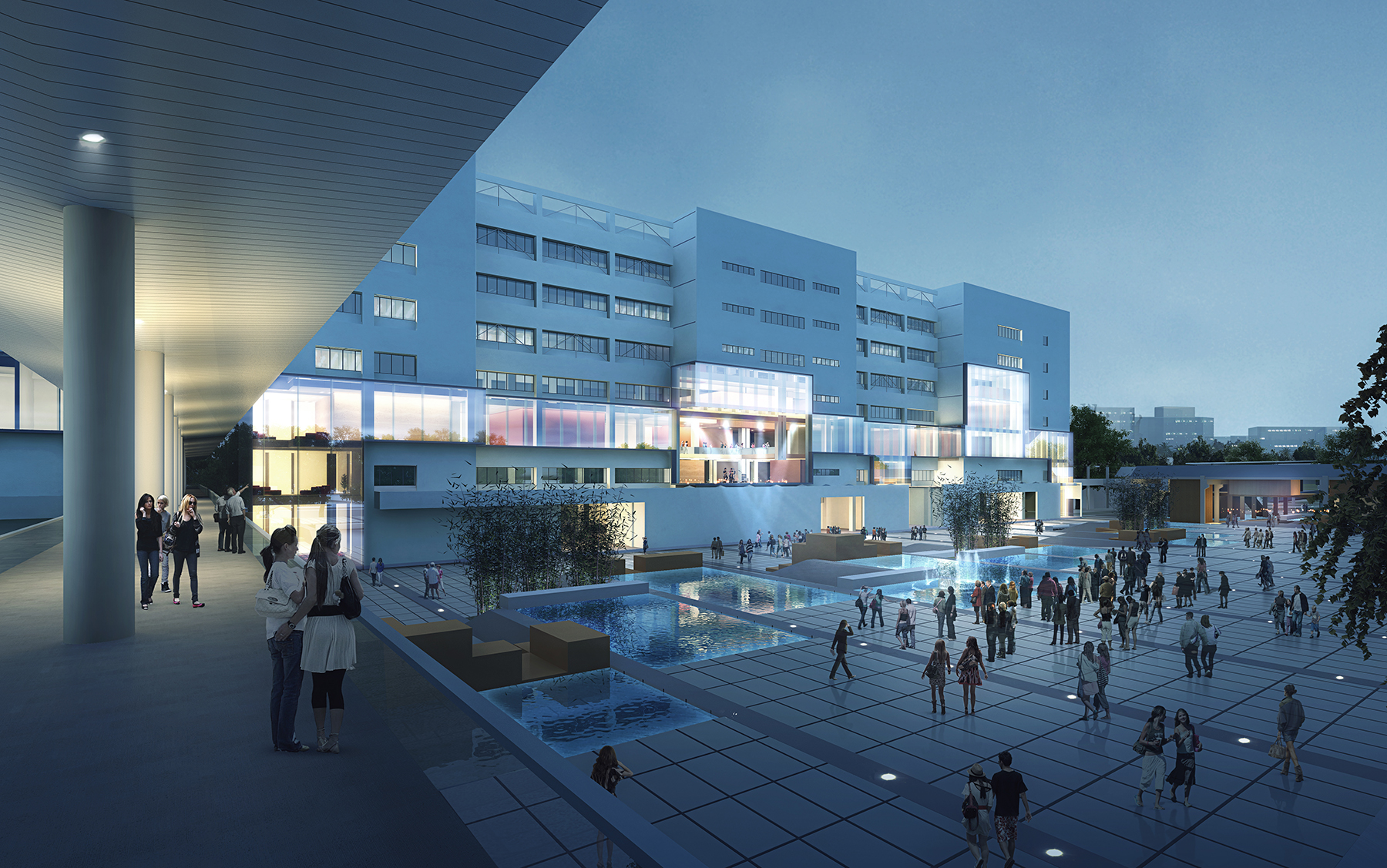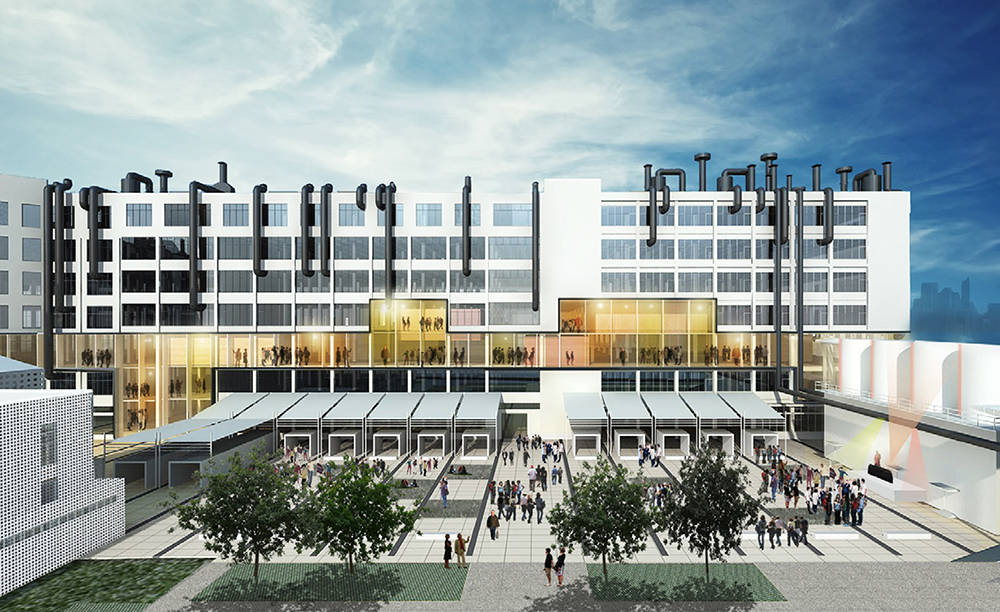APPLIED RESEARCH
Pearl River Piano Factory
2016 – 2017
The project, for the transformation of the Pearl River Piano factory in Guangzhou, China into a new creative district, dedicated at the theme of music, was carried on by a joint team between Politecnico di Torino and South China University of Technology. The team was invited to take part to the competition, and it obtained the first prize, gaining a certain relevance in one f the most important new urban transformation of the city of Guangzhou.

CREDITS:
Leading University: Politecnico di Torino (DAD + China Room research group)
Partner Institutions: South China University of Technology
Clients: Pearl River Pianos Factory
Principal Investigators: Michele Bonino, and Sun Yi Min
Architectural Design: Mauro Berta, Edoardo Bruno, Francesco Carota, Giovanni Durbiano, Valeria Federighi, Filippo Fiandanese, Marta Mancini; Maria Paola Repellino, Guo Xiao.


The Pearl River Pianos is one of the leading companies in the field of pianos manufacturing, covering the 25% of the Chinese Market and the 12% of the global one. The factory covers an extensions of 133.000 sqm meters, arranged on 7 floors, with a total length of the plant that goes over 500 meters.
The Piano Factory has two exceptional potentials for the transformation: its proximity to the river, which flows a few meters away, and its impressing longitudinal organization, underlined by the rails on which the pianos were running.
How to take advantage of these features, within a design that minimizes its impact on the factory and exploits the existing spaces best?
An elevated street, similar to the ones facing some Italian medieval squares, runs through the entire factory, from the large parking lot to the north and the public transport hub to the south.
It is a spine that orders and connects all the functions of the Music Park, making it easy to use.
It has some great advantages: it is barycentric to the section of the building, making high floors more accessible to the public; it releases the ground floor from excessive pressure of the crowd, making it more flexible and permeable to the river; it creates a minimal but highly recognizable architectural sign on the facades, while offering privileged views of the river and the city.


Besides that, only minimal work is required for the Piano Factory: it enhances its façades and its special chimneys, exploits the flexible modularity of its structure and windows, prepares it to welcome a new public enthusiastic for its future and aware of its past.
Pearl River Pianos Company, as the local government, giving the first prize to the POLITO-SCUT Joint team, had , in a certain way, accept the challenge to inted the industrial regeneration as a process the start with the employment of existing resources and heritage. That is an important theme, that China is absorbing in its development line, during the “New Normal Phase”, and that Polito feels honoured to joint with local partners.




